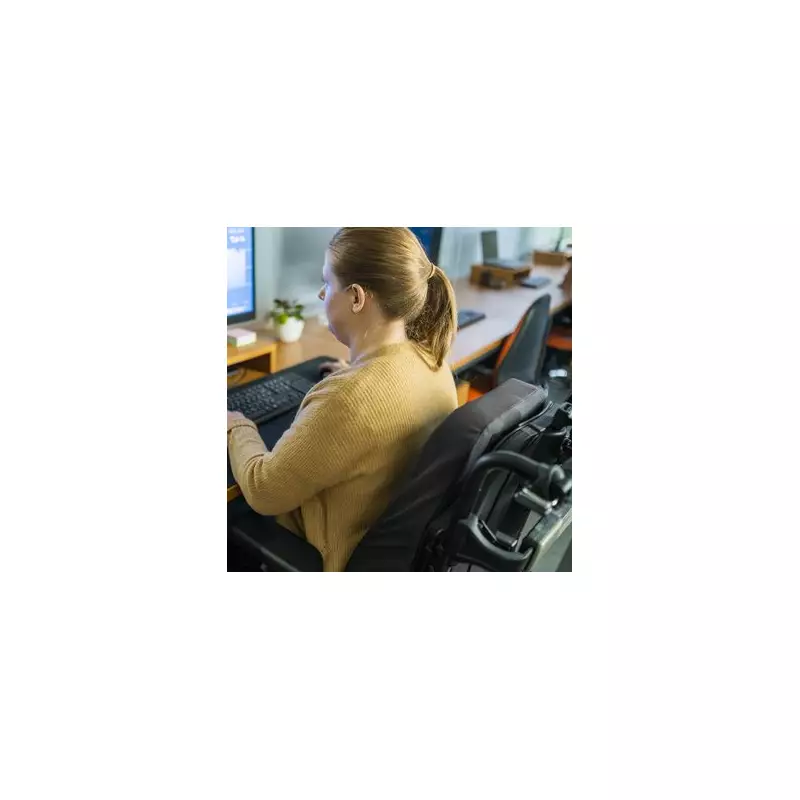
The Department for Work and Pensions (DWP) has officially confirmed that individuals with any of 87 specific medical conditions may be eligible for monthly Personal Independence Payment (PIP) support, with payments reaching up to £737.
Who Qualifies for PIP?
PIP is a tax-free benefit designed to assist people with long-term physical or mental health conditions, disabilities, or terminal illnesses. Unlike other benefits, PIP is not means-tested, meaning eligibility depends solely on how your condition affects your daily life, not your income or savings.
Key Conditions Covered
The DWP’s updated list includes a wide range of conditions, such as:
- Arthritis
- Epilepsy
- Multiple Sclerosis (MS)
- Parkinson’s Disease
- Severe Depression
- Autism Spectrum Disorder
- Cancer (undergoing treatment)
- Chronic Pain Syndromes
How Much Can You Receive?
PIP payments are divided into two components:
- Daily Living Component: Up to £101.75 per week (£407 monthly)
- Mobility Component: Up to £71.00 per week (£284 monthly)
Combined, successful claimants could receive up to £737 per month to help cover additional living costs.
How to Apply
Applications can be made via phone, post, or online. The process involves a detailed assessment of how your condition impacts your daily activities and mobility. Medical evidence, such as doctor’s reports or hospital records, will strengthen your claim.
If you or someone you know has one of the qualifying conditions, it’s worth checking eligibility, as these payments can provide crucial financial support.





